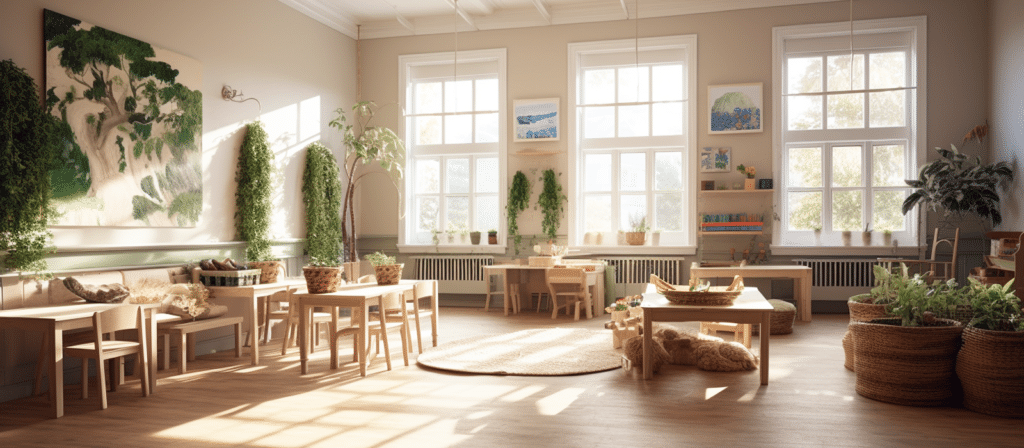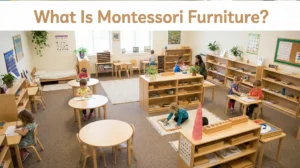Have you ever wondered how Montessori furniture can serve as a gateway to the world, igniting children’s curiosity about different cultures and far-off lands? Join us on a journey to discover how Montessori furniture for cultural and geography exploration can unlock a world of learning and fascination for young minds.
Montessori Furniture for Cultural and Geography Exploration is purposefully designed to immerse children in the diverse cultures and geography of our planet. It acts as a catalyst for developing a global perspective and nurturing a sense of wonder about the world.
What is Montessori furniture and why is it important?
Montessori furniture refers to specially designed furniture that supports the Montessori educational philosophy. This approach emphasizes self-directed learning, hands-on experiences, and the development of independence and critical thinking skills. Montessori furniture plays a crucial role in creating an environment that promotes exploration and discovery, allowing children to engage with their surroundings in a meaningful way.
Montessori furniture is designed with the child’s perspective in mind. It is child-sized, inviting, and encourages movement and exploration. By providing children with furniture that is tailored to their needs, we empower them to take control of their learning journey. With Montessori furniture, children can immerse themselves in cultural and geographic exploration, fostering a love for learning that extends beyond textbooks and traditional teaching methods.
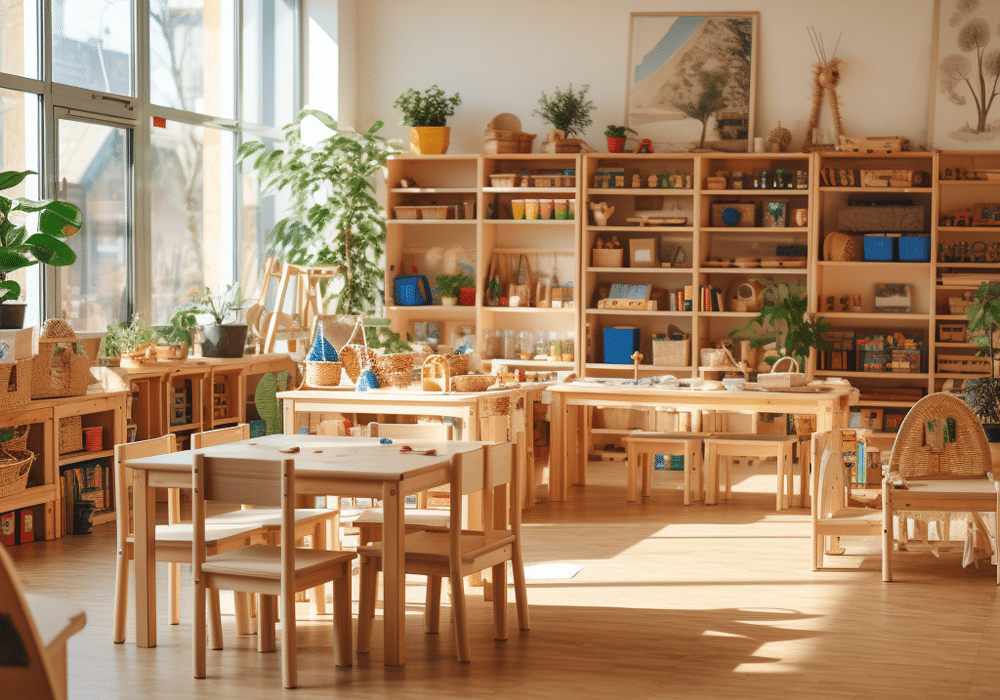
How does Montessori furniture facilitate cultural exploration?
Cultural exploration is an integral part of Montessori education, as it helps children develop an appreciation for diversity and a global perspective. Our Montessori furniture supports cultural exploration in several ways:
- Cultural Materials: Our furniture is designed to hold a wide range of cultural materials, such as artifacts, photographs, and maps. These materials are easily accessible to children, allowing them to explore different cultures, traditions, and customs.
- Geography Corner: With our Montessori furniture, you can create a dedicated geography corner where children can study maps, flags, and globes. This corner serves as a focal point for cultural exploration and encourages children to develop their geographical knowledge and understanding.
- Cultural Celebrations: Our furniture can be arranged to create a space for cultural celebrations and festivals. Children can gather around a table to learn about and participate in cultural activities, such as cooking traditional dishes, creating crafts, or learning traditional dances. This immersive experience fosters cultural appreciation and understanding.
How does Montessori furniture support geography exploration?
Geography exploration is an essential component of Montessori education, as it helps children develop spatial awareness, map reading skills, and an understanding of the world’s physical and human features. Our Montessori furniture enhances geography exploration in the following ways:
- Map Work: Our furniture provides a dedicated space for map work, where children can spread out maps, atlases, and geography materials. The child-sized tables and chairs enable children to comfortably engage in map reading, labeling, and tracing activities.
- Landforms and Globes: Our furniture can be used to display landforms and globes, allowing children to explore and understand different physical features of the Earth. By having these materials within reach, children can actively interact with them and develop a deeper understanding of geography concepts.
- Geography Games: Our furniture can be arranged to create a collaborative space for geography games and activities. Children can gather around a table to play map puzzles, matching games, or engage in group discussions about different countries and continents. This interactive approach makes geography exploration engaging and fun.
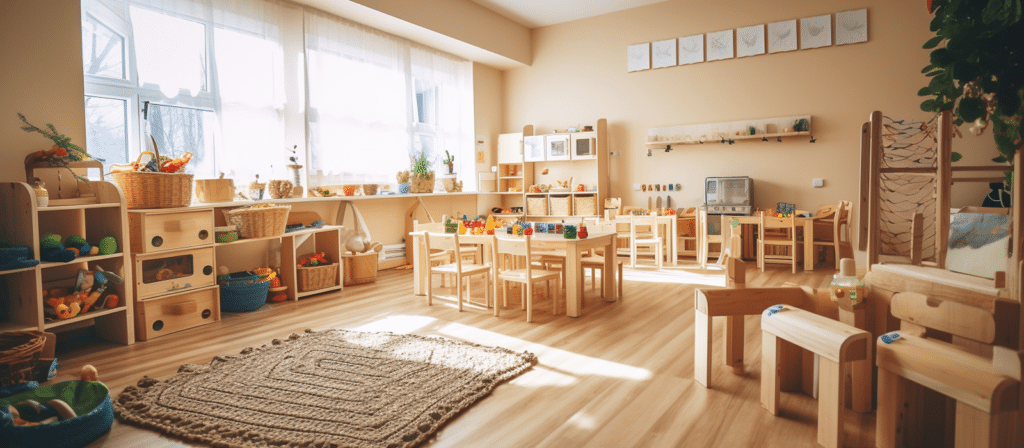
Why is cultural and geography exploration important for children?
Cultural and geography exploration is vital for children’s overall development. It helps them to appreciate diversity, develop a global perspective, and understand their place in the world. By engaging in cultural and geography exploration, children gain a sense of empathy and respect for different cultures and environments. They also enhance their cognitive skills, such as spatial awareness, critical thinking, and problem-solving.
Through Montessori furniture, children can actively explore and engage with cultural and geographic concepts. They can study maps, learn about different countries’ traditions and customs, and even compare and contrast various ecosystems. This hands-on approach allows children to make connections between what they observe and what they learn, fostering a deeper understanding of the world around them.
How can Montessori furniture be integrated into the classroom or home environment?
Montessori furniture is versatile and can be easily integrated into both educational settings and home environments. In classrooms, Montessori-inspired furniture can be arranged in dedicated learning areas, such as a cultural corner or a geography station. This allows children to access the furniture and materials independently, encouraging self-directed learning and exploration.
At home, Montessori furniture can be incorporated into playrooms or study areas. By creating a designated space for cultural and geography exploration, children can freely engage with the furniture and materials, encouraging a love for learning beyond school hours. Parents can also join in the exploration, fostering a deeper connection with their children and creating opportunities for meaningful conversations about the world.
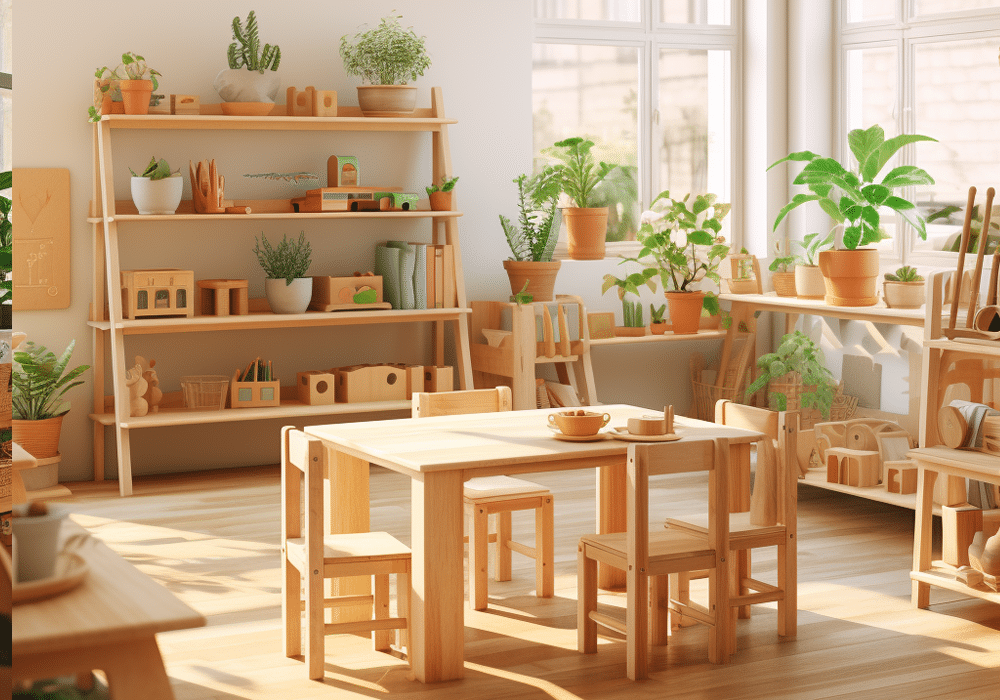
Conclusion
Montessori furniture is a powerful tool for cultural and geography exploration. By providing children with furniture that is designed to support their learning journey, we empower them to explore the world around them in a meaningful and engaging way. Through hands-on experiences and interactive materials, Montessori furniture fosters a love for learning, cultivates critical thinking skills, and promotes a global perspective.

